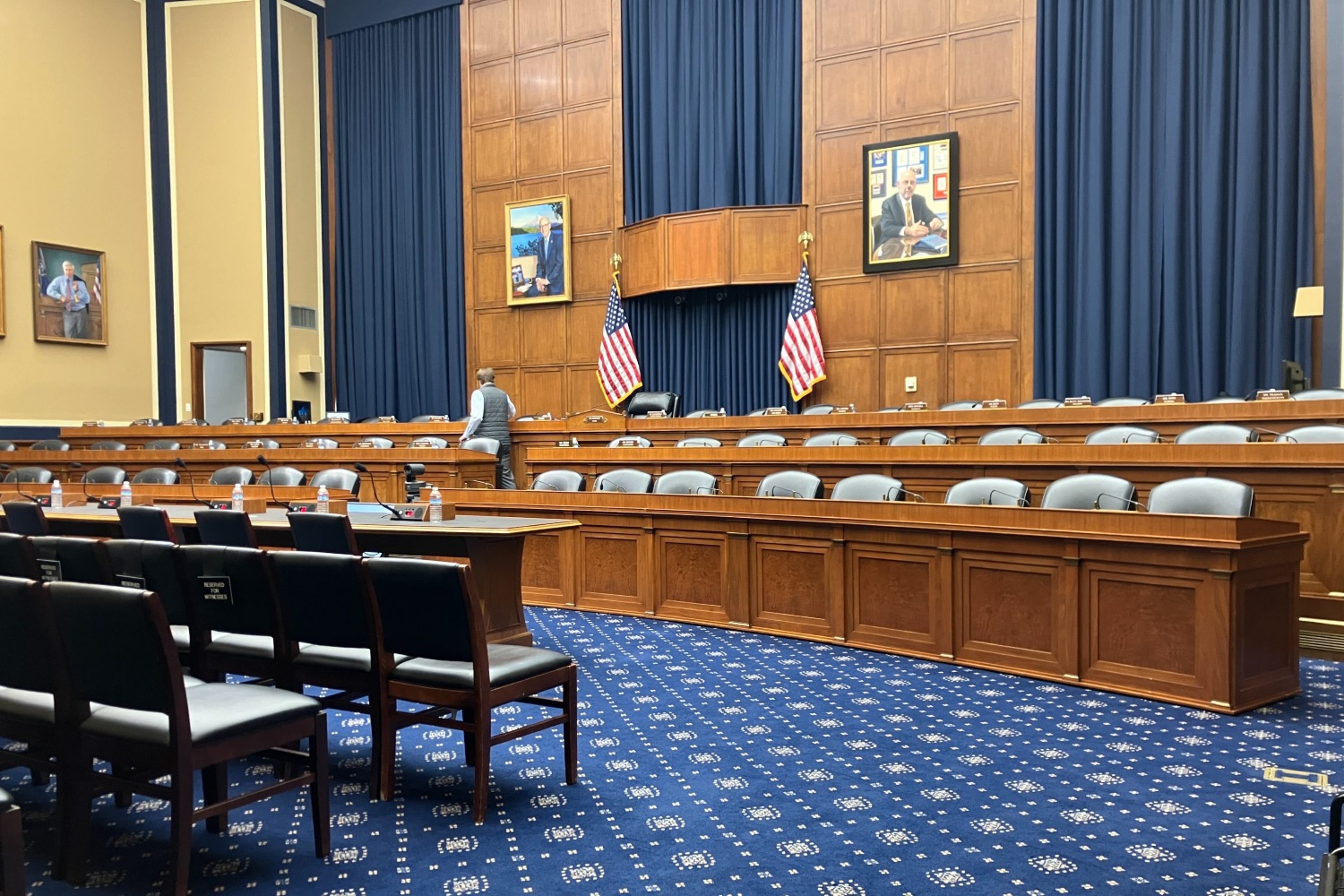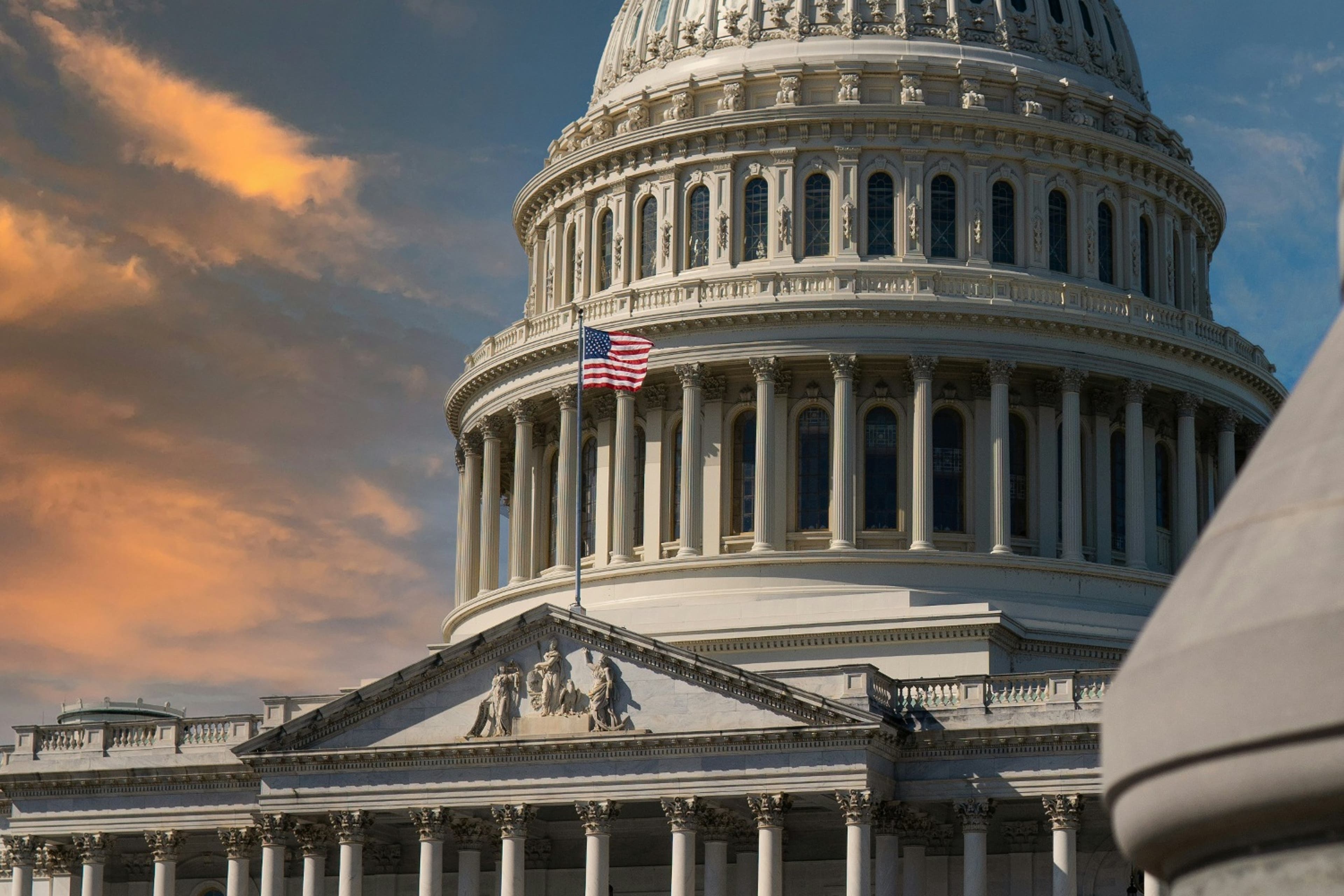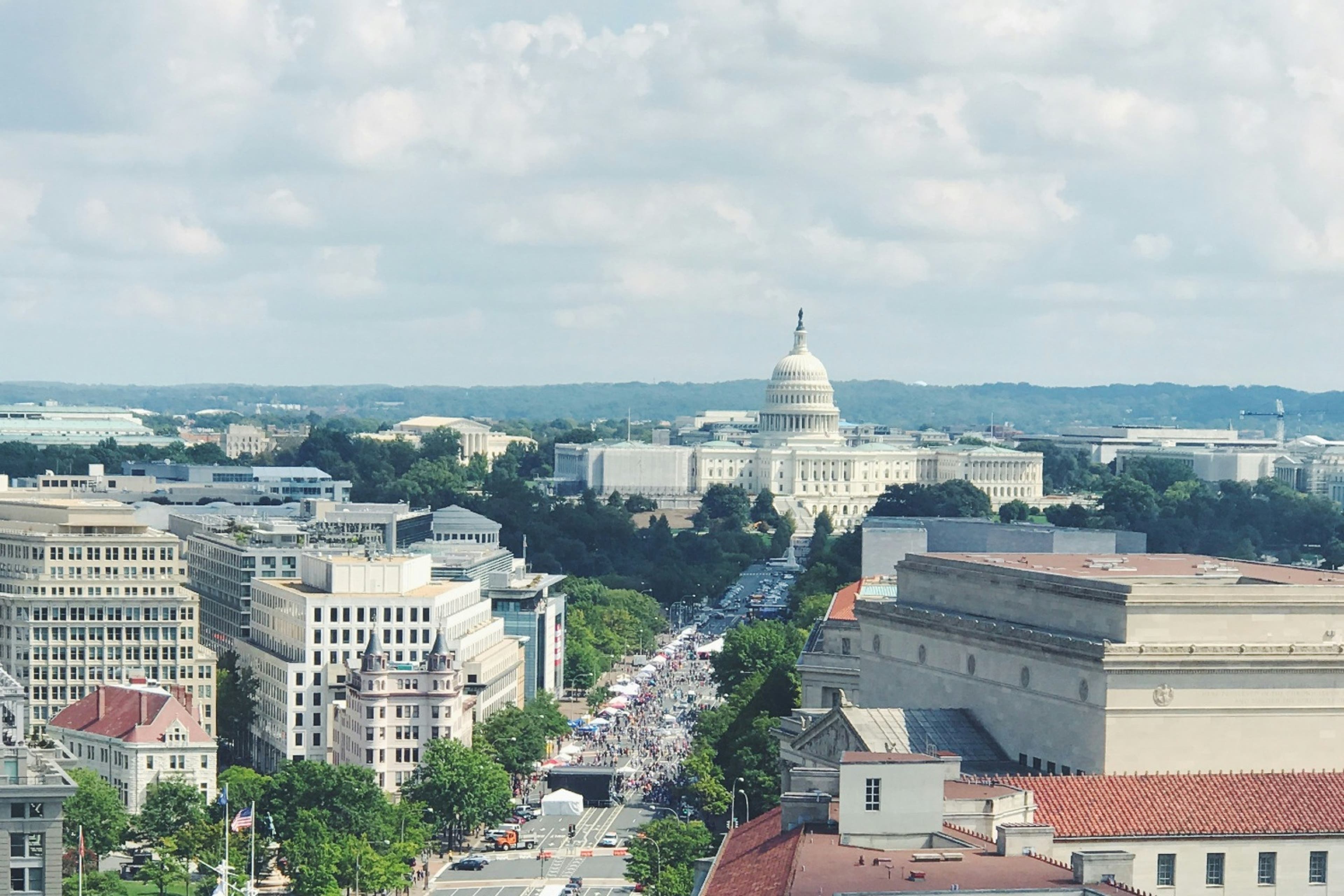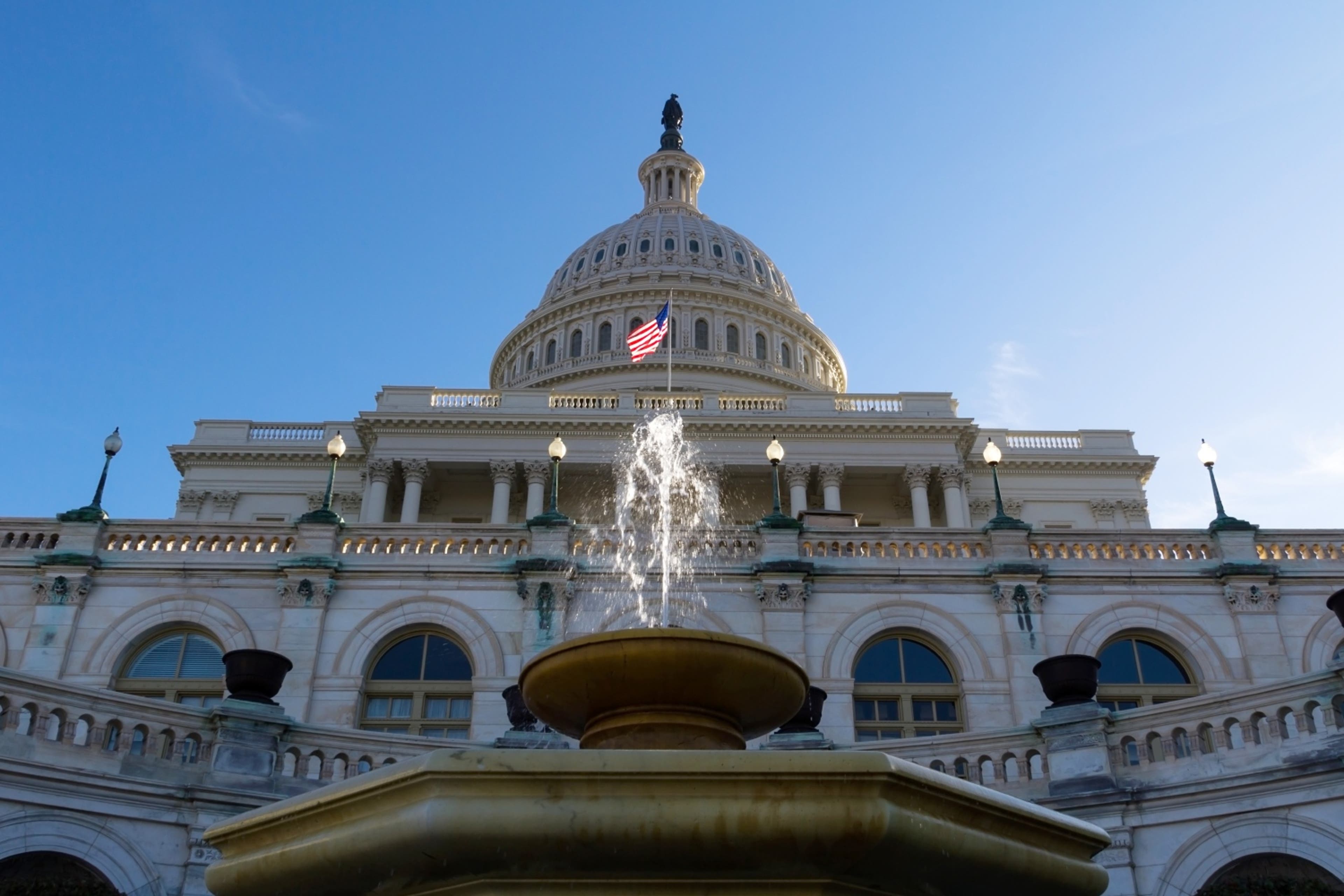Stakeholders consider impacts of latest APRA draft text


Published:
Contributors:
Joe Duball
News Editor
IAPP
The latest draft of the American Privacy Rights Act presented a range of notable additions and subtractions that significantly alter the draft legislation.
U.S. House Committee on Energy and Commerce Chair Cathy McMorris Rodgers, R-Wash., and Ranking Member Frank Pallone, D-N.J., have yet to formally introduce their bipartisan bill, now in its third iteration during the discussion draft phase. However, the official introduction is expected 27 June as the Energy and Commerce Committee reportedly plans to hold a markup session with the hope of advancing the comprehensive privacy proposal to the House floor.
Among the most notable changes in the latest version of the APRA are the removal of provisions concerning civil rights protections and algorithmic accountability. Lawmakers also made amendments to the proposed private right of action and preemption provisions.
IAPP Managing Director, Washington, D.C., Cobun Zweifel-Keegan, CIPP/US, CIPM, generated a full redline of the new APRA text highlighting the full slate of changes.
Stakeholders have begun digging into the changes and the potential impacts they raise. Here is a collection of some of the perspectives offered since the draft was publicized 20 June:
- House Energy and Commerce Republicans shed light on common data collection and exploitation the APRA seeks to curb through new guardrails and standards.
- The Association of National Advertisers and the American Association of Advertising Agencies joined on a letter to U.S. House and Senate leaders urging reconsideration of the proposal. The groups said the current text "would eviscerate the modern advertising industry," and "devastate small and mid-sized businesses that depend on advertising to reach customers."
- Privacy for America sent an opposition letter to Congress explaining the latest APRA text hampers common and noncontroversial advertising practices, noting how provisions would "cut individuals off from the products, services, information, and resources they enjoy and rely on."
- The R Street Institute offered its analysis of the updates, highlighting the likelihood that more changes are likely. "Failing to make attempts and aim for consensus is a guaranteed way for the status quo to continue," the think tank explained.
- Fifty-six members of the Leadership Conference on Civil and Human Rights urged the House Energy and Commerce Committee to postpone the reported markup and restore civil rights protections to the bill. The urging follows a prior statement on the removal of civil rights protections, noting privacy and civil rights "have always been inseparable" and "it is little relief to someone who is denied equal opportunity to tell them the denial happened privately."
- The Lawyers' Committee for Civil Rights Under Law released a statement opposing the new draft, calling specific attention to the removal of "bipartisan language that would address data-driven discrimination and require AI impact assessments." The group added, "The new draft of APRA fails to address the core purpose of privacy: to ensure that who we are cannot be used against us unfairly. This is unacceptable."
- According to Axios, nonprofit political advocacy group CatholicVote cited points of opposition in its letter to Congress. It highlighted concerns around the bill's coverage of nonprofits and the definitions for data minimization and health information.
- The Heritage Foundation's Tech Policy Center commended lawmakers' efforts on the new APRA draft, noting the bill "reduces incentives to abuse the American consumer."

This content is eligible for Continuing Professional Education credits. Please self-submit according to CPE policy guidelines.
Submit for CPEsContributors:
Joe Duball
News Editor
IAPP



